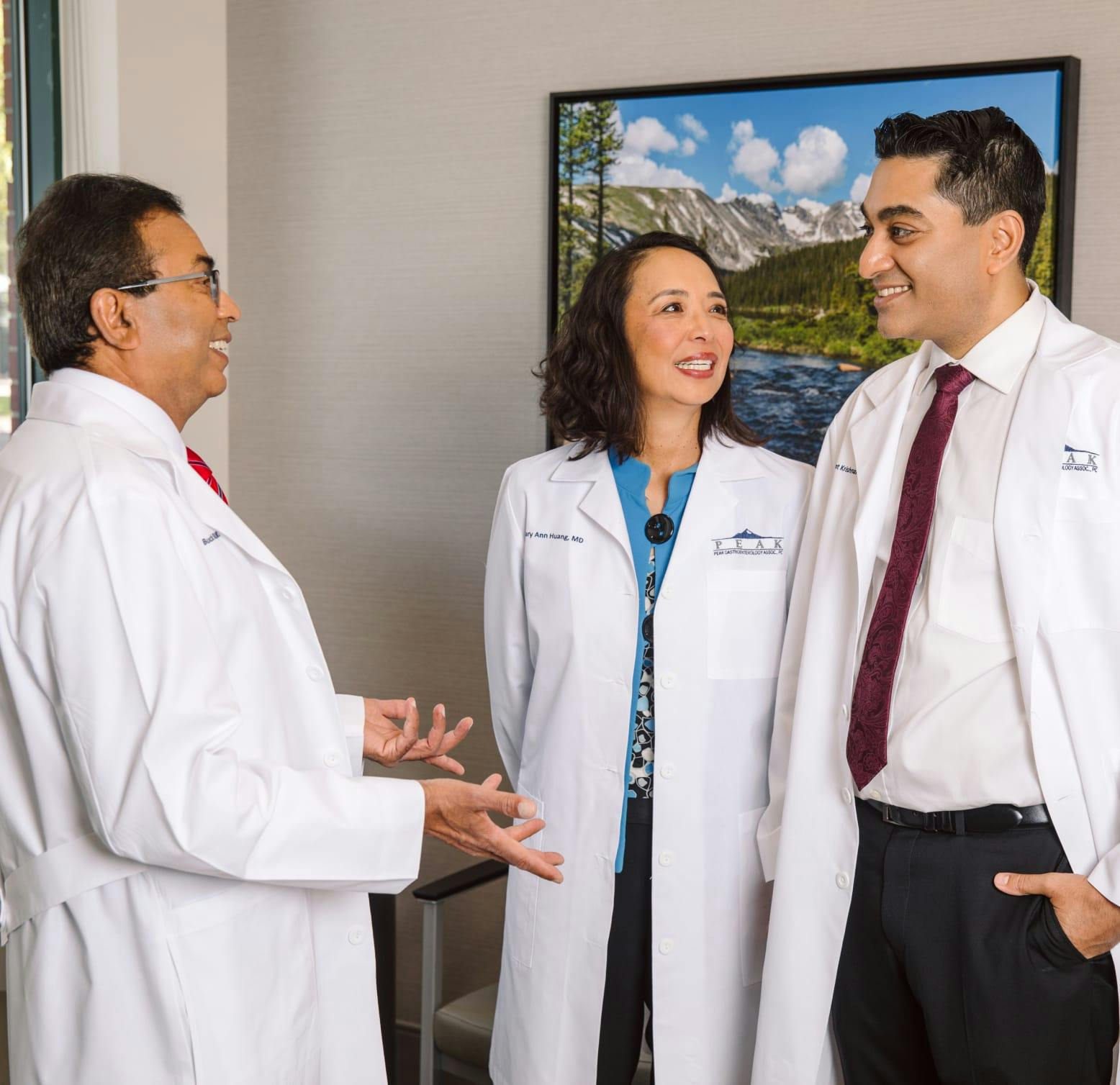If you experience persistent abdominal pain, cramping, rectal bleeding, or diarrhea, ulcerative colitis could be to blame. If you have this condition, it can be successfully treated by our board-certified GI doctors at Peak Gastroenterology Associates. Fortunately, the expert team of gastroenterologists at Peak Gastroenterology Associates, with locations in Colorado Springs, Denver, and Lone Tree, Colorado, offers solutions. They treat ulcerative colitis using lifestyle changes, medicines, or surgery for symptom relief. Schedule an appointment with Peak Gastroenterology Associates over the phone or request an appointment online today.
What Are the Symptoms of Ulcerative Colitis?
The following signs and symptoms can indicate you have ulcerative colitis:
- Abdominal pain
- Diarrhea with pus or blood
- Rectal bleeding or pain
- Weight loss
- Fever
- Fatigue
- Failure to grow in children
- Inability to defecate, despite the urge to
Symptoms of ulcerative colitis can range from mild to severe and may come and go. See your Peak Gastroenterology Associates specialist for an evaluation if your symptoms don’t subside within a few days.











